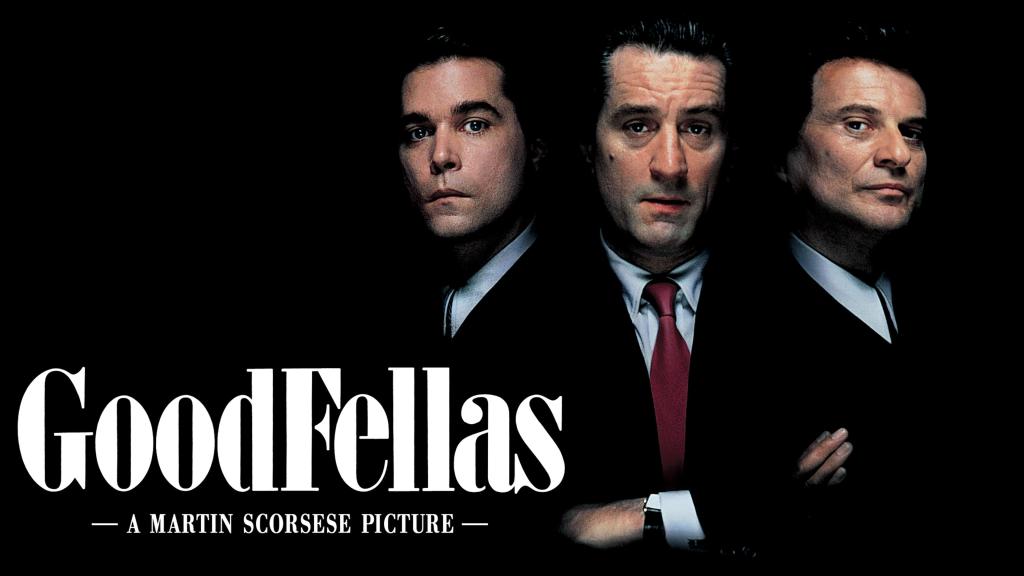Introduction:
Step into the ancient world with “Gladiator,” a film that has captivated audiences with its sweeping narrative, intense action, and profound emotional depth. In this review, we’ll explore the film’s compelling plot, outstanding performances, and the reasons why it continues to be a beloved classic.
Compelling Plot:
“Gladiator” follows the story of Maximus Decimus Meridius (Russell Crowe), a once-powerful Roman general betrayed by the corrupt heir to the throne, Commodus (Joaquin Phoenix). Stripped of his rank and family, Maximus becomes a slave and rises through the ranks of the gladiatorial arena to seek vengeance against Commodus. The film masterfully blends personal revenge with grand historical drama, creating a narrative that is both epic in scope and deeply personal. Each scene builds on Maximus’s journey, culminating in a powerful and satisfying climax.
Outstanding Performances:
Russell Crowe delivers a career-defining performance as Maximus, embodying the character’s strength, honor, and vulnerability. His portrayal earned him the Academy Award for Best Actor, cementing his status as a leading man. Joaquin Phoenix excels as the antagonist, Commodus, bringing complexity and a chilling intensity to the role. The supporting cast, including Connie Nielsen as Lucilla, Richard Harris as Marcus Aurelius, and Oliver Reed as Proximo, also deliver memorable performances that add depth and richness to the film.
Epic Battles and Cinematography:
“Gladiator” is renowned for its epic battle scenes and stunning cinematography. Director Ridley Scott uses a combination of practical effects and CGI to create realistic and visceral combat sequences that draw viewers into the brutality of ancient Roman warfare. The film’s visual style, from the grandeur of Rome to the gritty arenas, is meticulously crafted, making each frame a visual feast. The sweeping shots and dynamic action sequences are both thrilling and beautifully executed, enhancing the film’s epic quality.
Timeless Themes:
At its core, “Gladiator” explores timeless themes of honor, revenge, and the struggle for justice. Maximus’s quest for vengeance is not just personal but also a fight to restore integrity to the Roman Empire. The film delves into the complexities of power, loyalty, and the human spirit, making it resonate with audiences across different eras. The themes are conveyed through powerful dialogue and emotionally charged scenes that stay with viewers long after the credits roll.
Emotional Depth:
Beyond the action and spectacle, “Gladiator” is a film of profound emotional depth. Maximus’s love for his family, his grief, and his unwavering sense of duty add layers of emotion to the narrative. The relationships between characters, particularly between Maximus and his fellow gladiators, are poignantly portrayed, highlighting themes of camaraderie and sacrifice. The film’s score, composed by Hans Zimmer, further amplifies the emotional impact, with its haunting melodies and powerful orchestral arrangements.
Conclusion:
In conclusion, “Gladiator” is a masterpiece of historical epic and human drama. With its compelling plot, outstanding performances, epic battles, and timeless themes, the film stands as a cinematic triumph. Russell Crowe’s iconic portrayal of Maximus, coupled with Ridley Scott’s visionary direction, makes “Gladiator” a must-watch for any film enthusiast. Whether you’re revisiting this classic or experiencing it for the first time, “Gladiator” promises an unforgettable journey into the heart of ancient Rome.
Estimated Reading Time: 3 minutes





Leave a comment